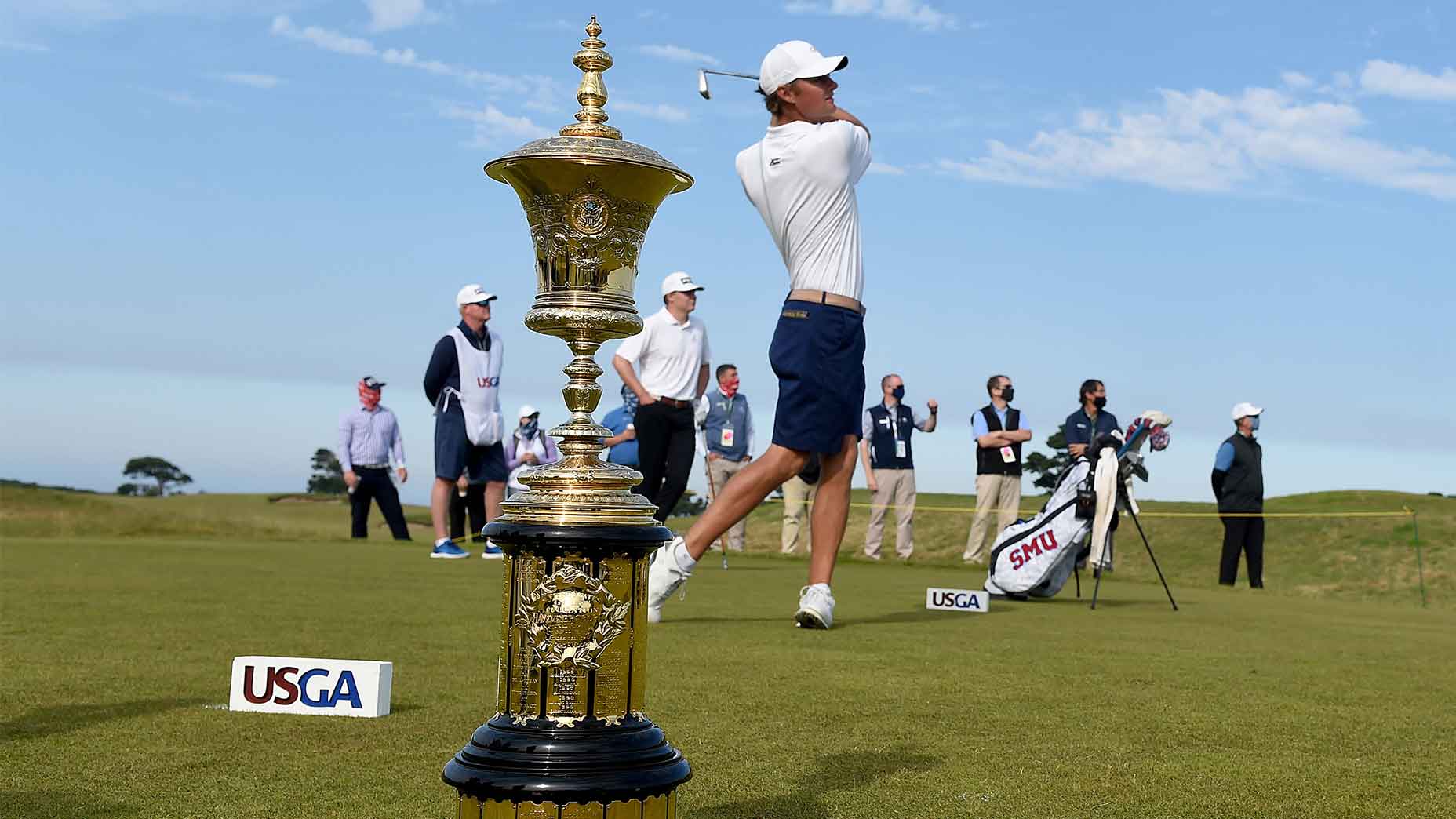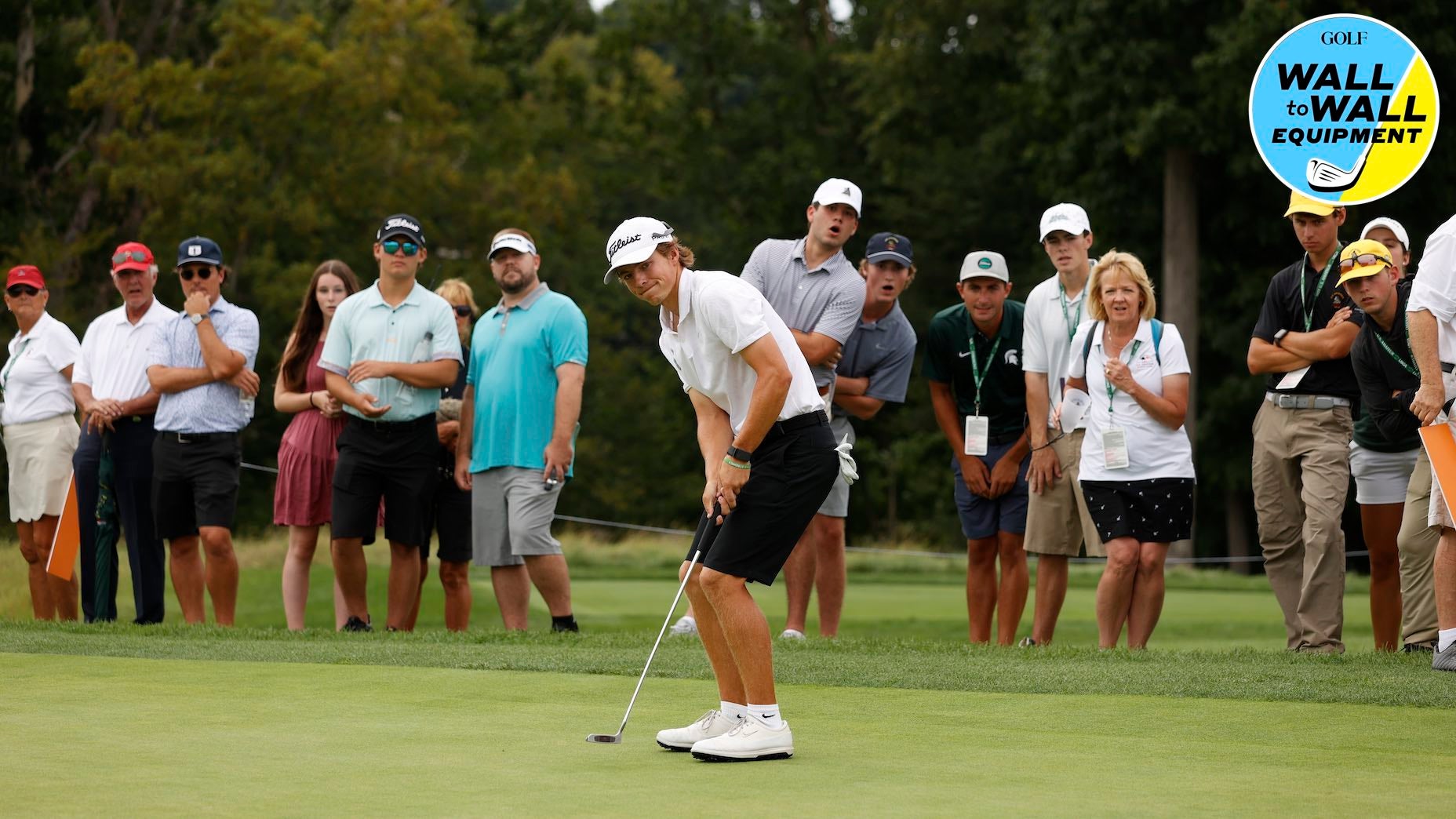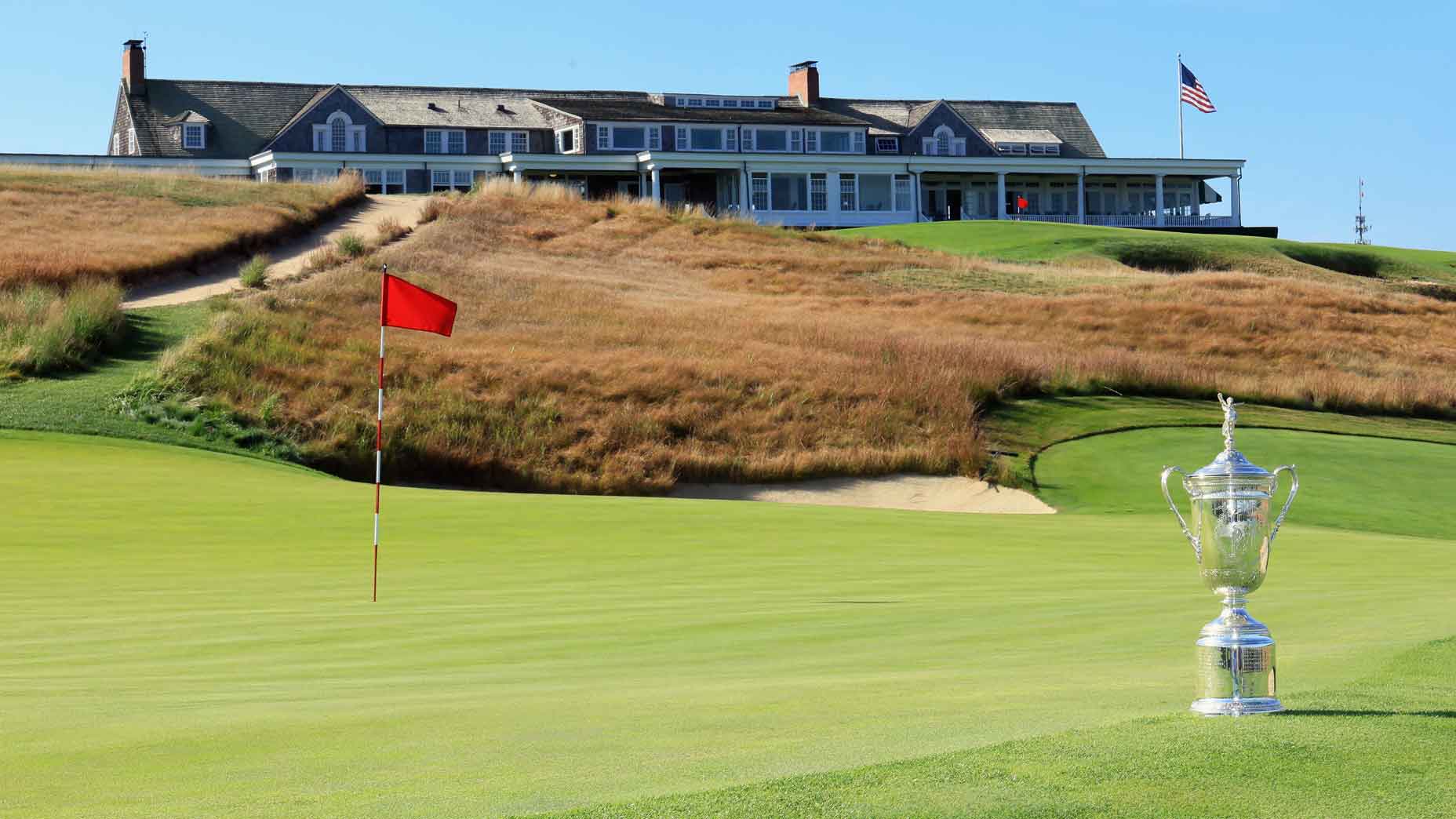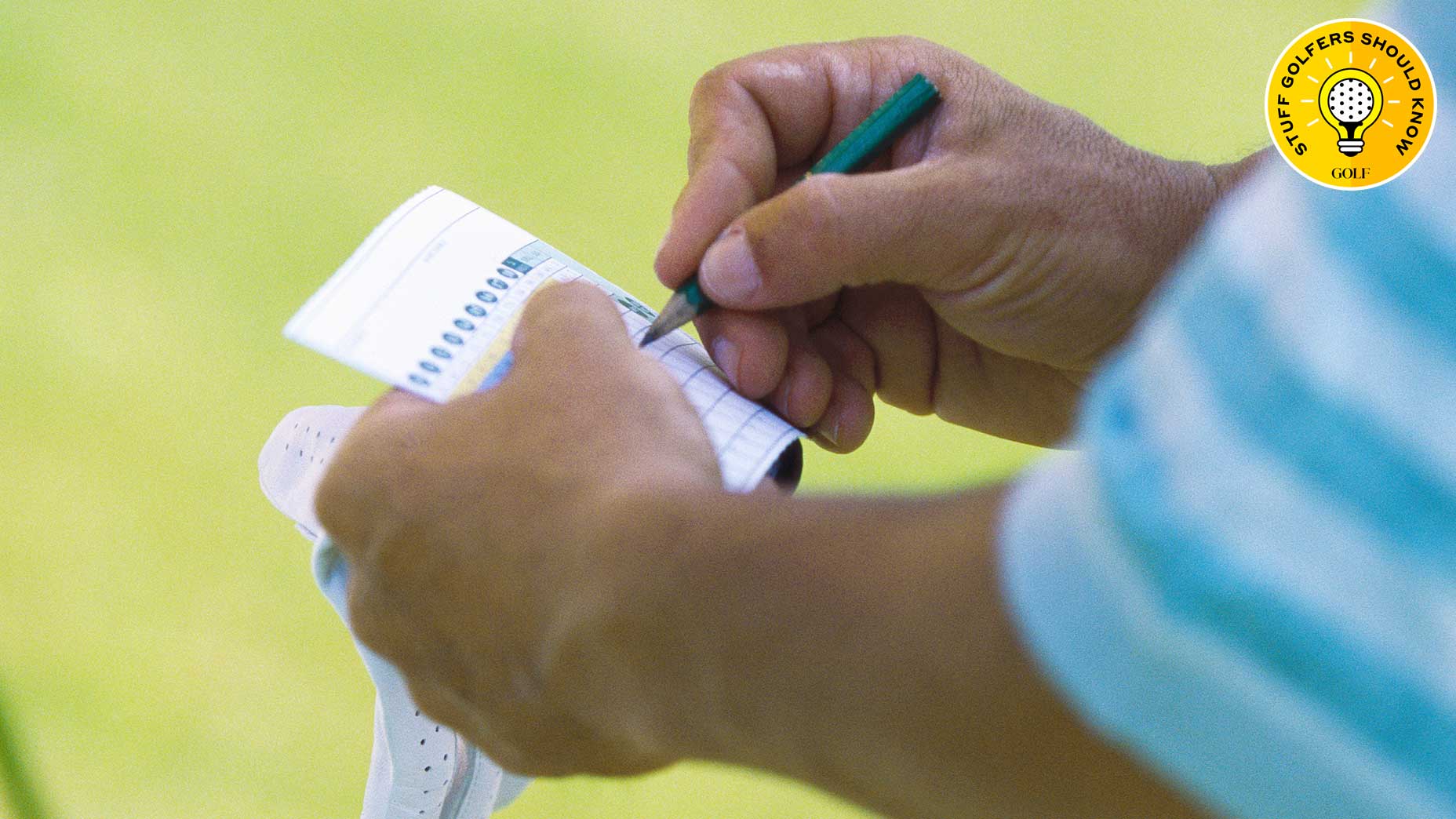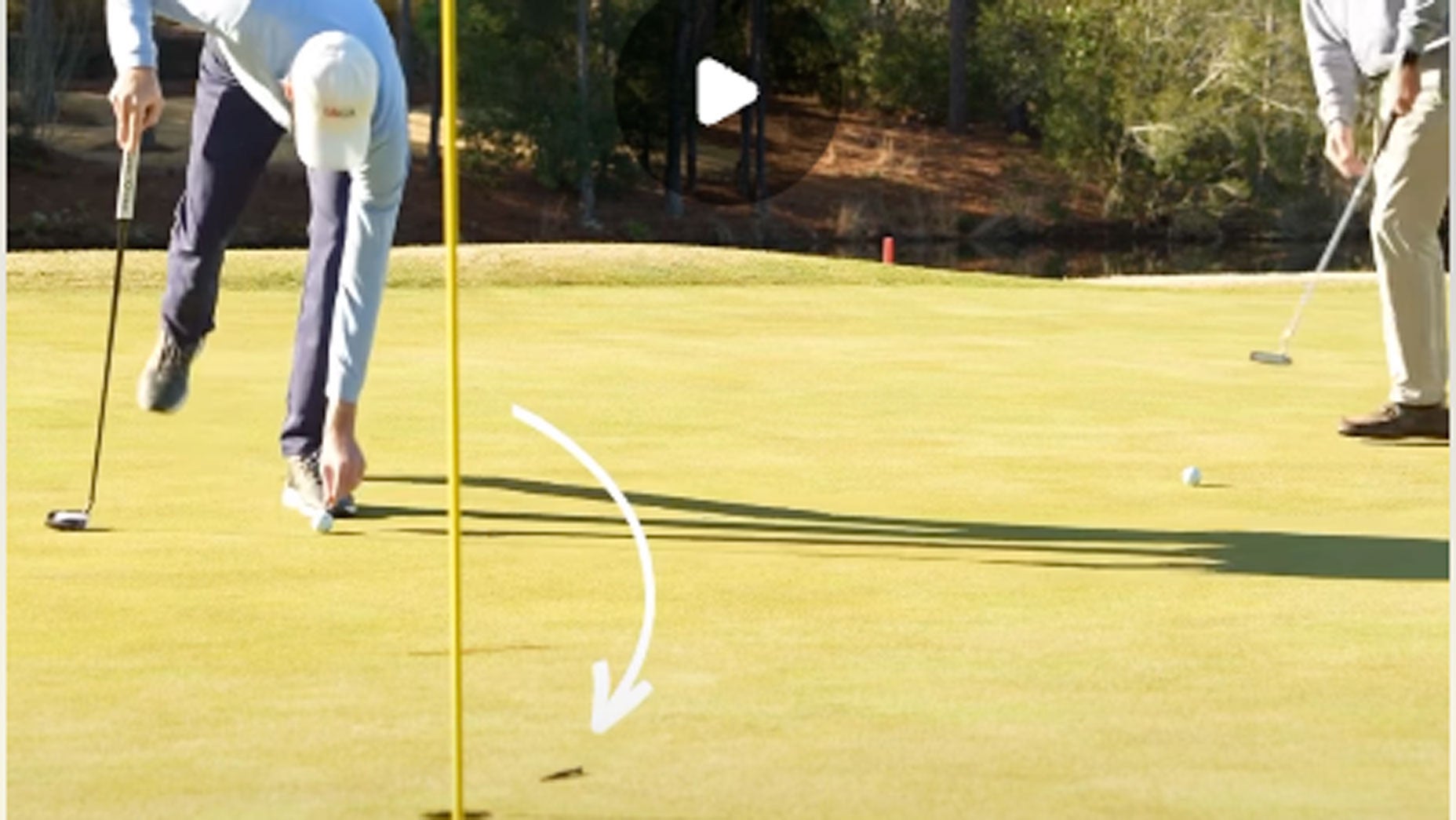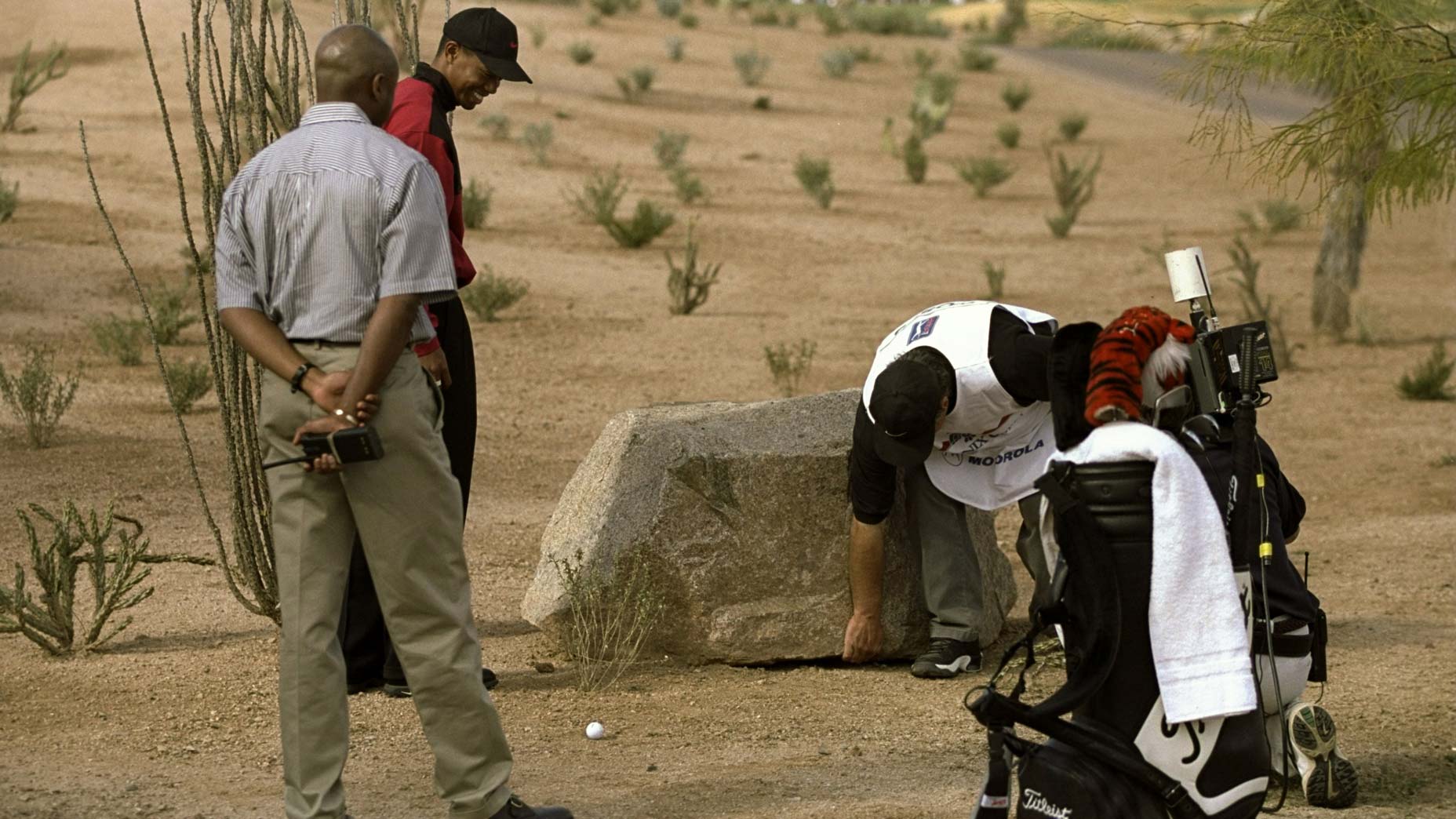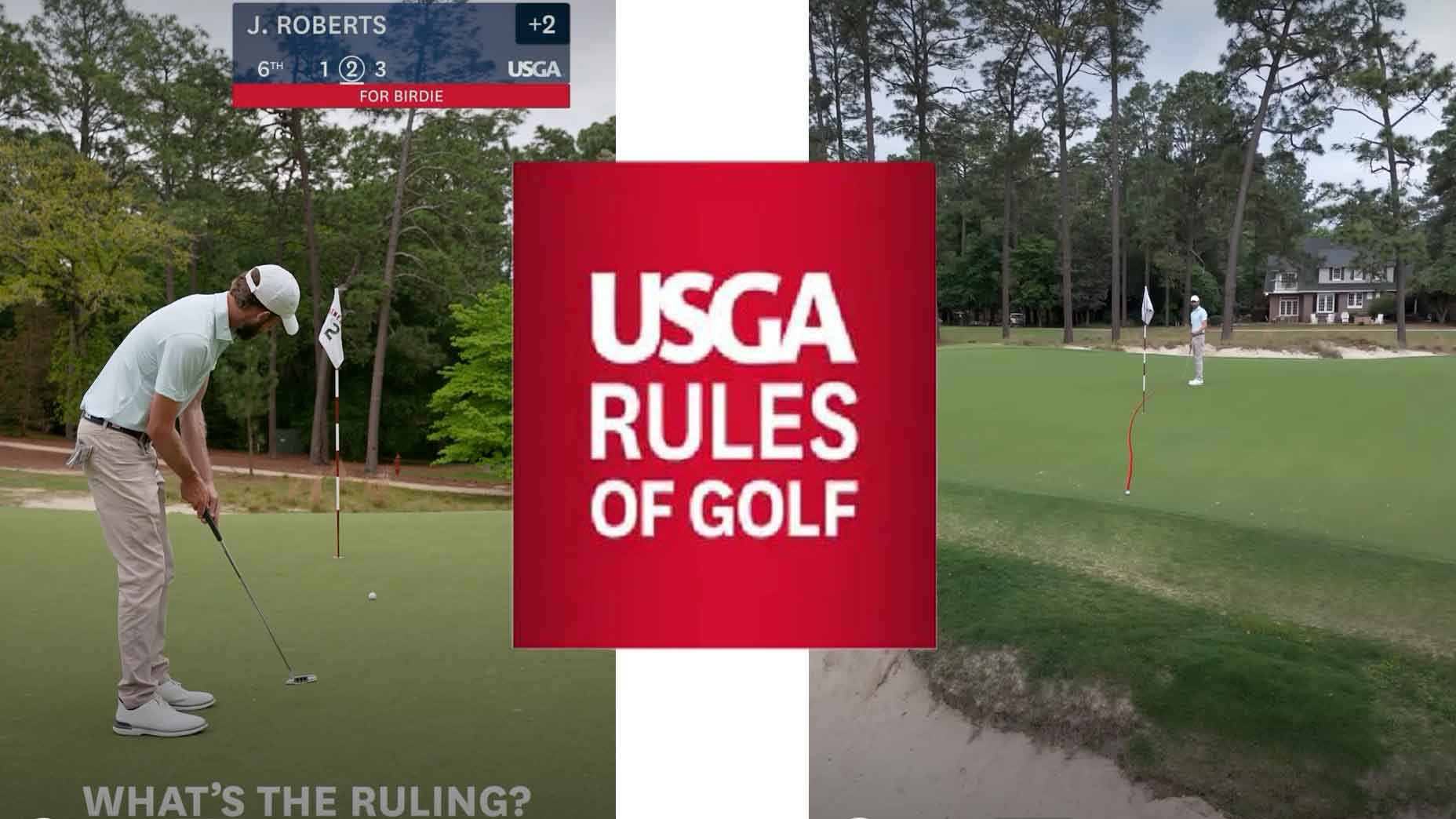The times are a-changin’ for amateur athletes throughout the world, and golf is no different. On Tuesday, the USGA and R&A announced a long-awaited series of updates to the game’s amateur status rules, ending a years-long review period that extended beyond even the NCAA’s effective elimination of amateurism rules in June.
The changes, which will take effect Jan. 1, are primarily aimed at modernizing the guidelines for highly competitive amateurs, who, under the previous rules, were subject to a series of restrictions many felt unfairly hindered their ability to advance their golf careers.
Many argued the old rules, which placed tight restrictions on any form of golf-related financial gain, made it difficult for competitors to afford life in the (often costly) world of elite amateur golf. Others pointed to portions of the rulebook that covered “the use of golf skill and reputation for personal benefit,” which they argued was overly confusing to understand (and nearly impossible to enforce) in the age of social media.
Wall-to-Wall Equipment: A $60 ‘garbage putter’ won the U.S. AmateurBy: Jonathan Wall
The new rules reflect the changing dynamics of sport in the modern world, and they are a significantly streamlined version of the previous restrictions. Amateurs may receive up to $1,000 in prize money for competing in stroke-play competitions, as well as other non-cash prizes for competing in handicap competitions. Amateurs may also accept cash prizes from competing in non-tee-to-green events such as long drive championships and putting competitions.
Perhaps the most welcome shift for elite amateurs: all so-called “NIL” (name, image and likeness) rules have been lifted, allowing competitors to sign with sponsors without forfeiting their amateur status. This change follows a similar modification made by the NCAA over the summer, which opened channels to individual sponsorship dollars for college golfers.
“We are delighted to be rolling out the modernized Rules of Amateur Status today,” Grant Moir, the R&A’s director of rules, said in a statement Tuesday. “These Rules play an important role in protecting the integrity of our self-regulating sport, but the code must evolve to meet the needs of the modern game.”
Only a small number of restrictions remain under the new rules. Amateurs are still not permitted to accept prizes exceeding the governing bodies’ predetermined limit, are not allowed to compete professionally, or accept payment as an instructor or employment as a golf professional.
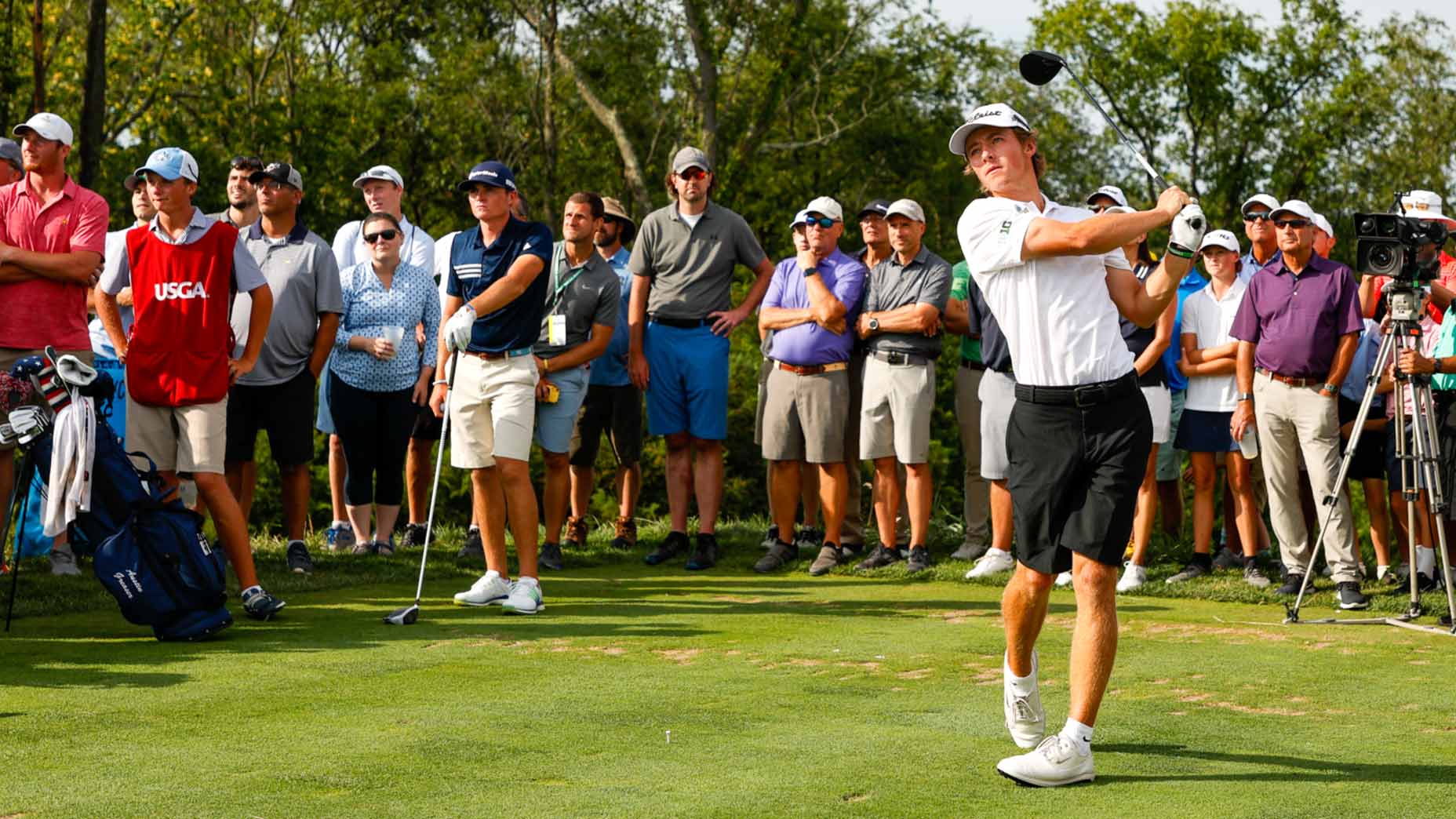
The changes date to 2017, when golf’s governing bodies opened a review period in which they encouraged those in the amateur game to submit comments on how to best modernize. In February, the USGA and R&A released a proposed set of changes, followed by a final review period.
For the governing bodies, the hope is that even as a tidal wave of change confronts amateurism in the NCAA and beyond, the updated rules will allow the amateur game to flourish.
“Golf is unique in its broad appeal to both recreational and competitive players,” said Craig Winter, the USGA’s senior director of Rules of Golf and Amateur Status. “This was emphasized in the feedback we received earlier this year and we believe these updates will help simplify these Rules and ensure the long-term health of the amateur game, not only to those who compete at the highest level of amateur golf, but for the millions of golfers at every age and skill level who enjoy competitive events at their home courses.”
